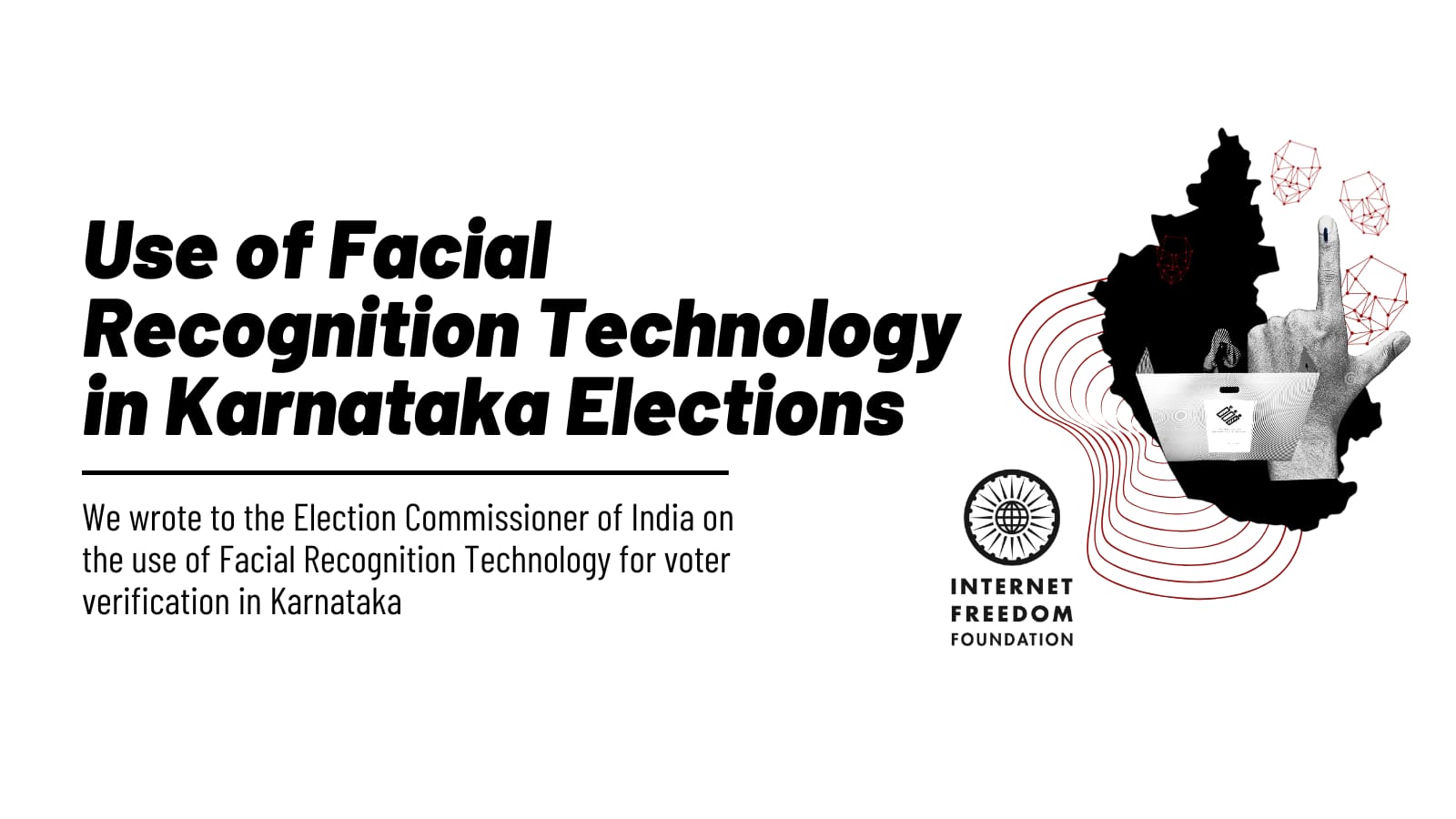India’s Election Commission has launched a pilot program using facial recognition for voter verification in select districts. The initiative aims to streamline identity checks, reduce impersonation, and modernize polling infrastructure. While promising efficiency, the move has sparked debate over data privacy, consent, and the ethical use of biometric technology.
In a bid to modernize India’s electoral process, the Election Commission of India (ECI) has begun piloting facial recognition-based voter ID verification in select districts. The initiative is part of a broader push to digitize and secure voting systems, especially ahead of the 2026 general elections.
Key highlights from the pilot rollout:
- Facial recognition replaces traditional voter ID checks
Voters’ faces are matched against EPIC (Electors Photo Identity Card) data, reducing reliance on physical documents and manual verification.
- Pilots launched in Telangana and Bihar
Telangana’s municipal elections and Bihar’s blockchain-backed e-voting trials have integrated facial recognition for select voter categories, including senior citizens and migrant workers.
- Technology developed by C-DAC and state election bodies
The e-SECBHR app used in Bihar combines blockchain vote recording with facial biometrics, ensuring secure and tamper-proof digital elections.
- Aimed at improving accessibility and reducing fraud
The system targets vulnerable voter groups—such as the differently-abled and elderly—who often face challenges with physical polling stations.
- Privacy concerns raised by activists
In Telangana, concerns emerged over the use of EPIC data without explicit consent. Civil society groups have urged the ECI to clarify data handling protocols and ensure transparency.
- Potential for national rollout
If successful, the pilot could pave the way for biometric voter verification across India, enhancing efficiency but requiring robust safeguards.
Why it matters:
Facial recognition in elections marks a technological leap—but also a governance test. As India explores digital democracy, balancing innovation with privacy and consent will be key. The pilot’s outcome could shape how millions vote in the future, making it a pivotal moment for electoral reform.
Sources: IndianWeb2 , Paytm Blog , Hindustan Times

